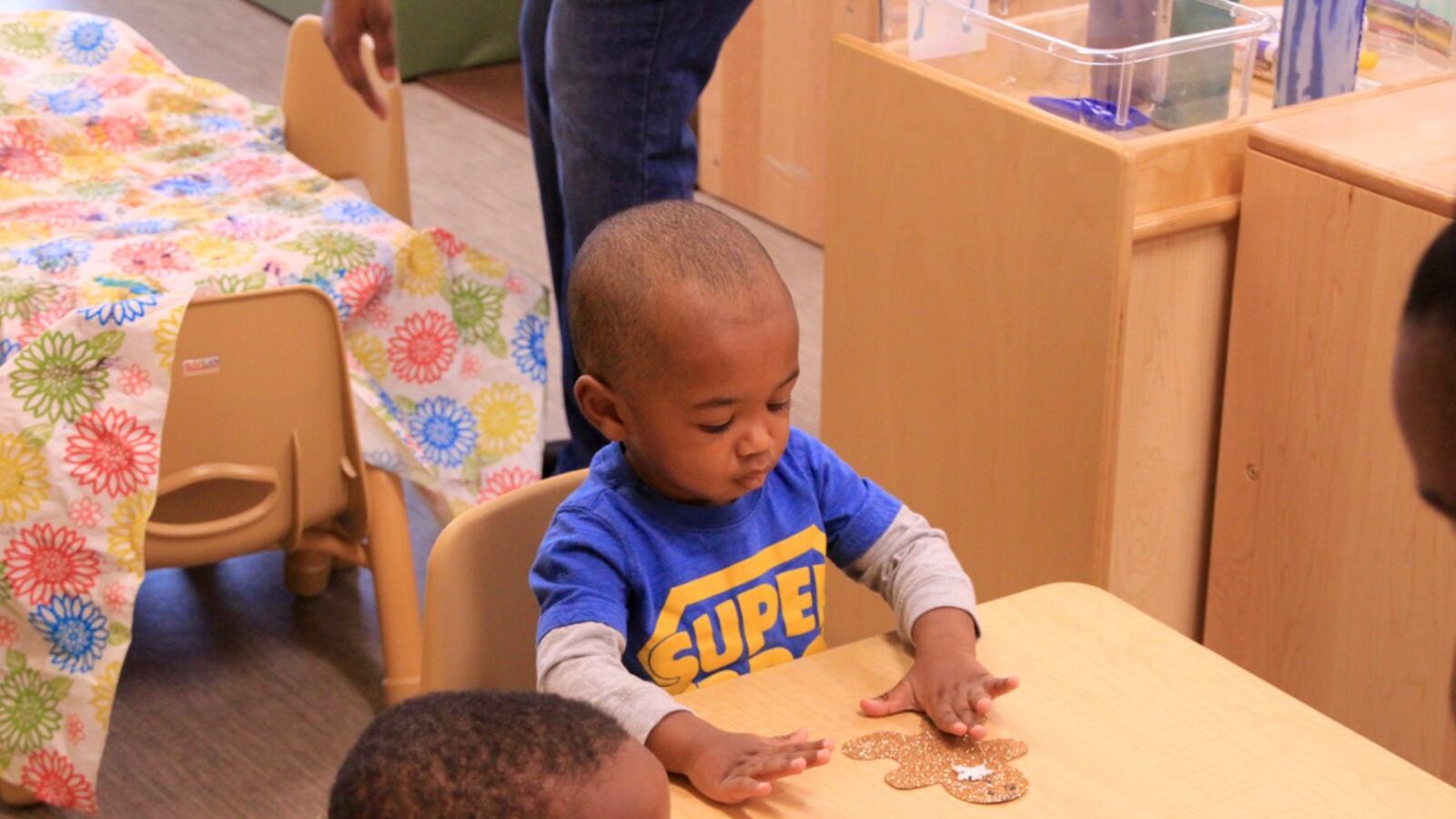The landmark expansion of Michigan’s preschool program for 4-year-olds is earning high marks compared with the rest of the nation. But the strength of Michigan’s early childhood education system is limited by the lack of any state-funded programming for 3-year-olds.
Those are two key findings of a national ranking of states by the strength of their early childhood education efforts.
The program for 4-year-olds, known as Great Start Readiness Program, offers free, high-quality schooling to students about to enter kindergarten.
As policymakers debate whether to further expand the program, they will look for proof of its success. At least one major research group thinks it’s doing a pretty good job.
Many advocates would also like to see Michigan expand supports for younger children and their families. The brain develops rapidly in the early years, and researchers largely agree that educating children who are 3 years old or younger could come with significant payoffs in academic and other life outcomes.
The National Institute of Early Education Research, a think tank within Rutgers University, has been ranking states’ early childhood education since 2002.
The latest ranking puts Michigan in the top half nationwide in several measurements based on data from 2017-2018. Michigan is 18th nationwide in access for 4-year-olds, and 14th for state spending on early learning. What’s more, the state was one of only three that met all the criteria for high-quality programming, from teacher credentialing to class size requirements.
That’s not enough for Gov. Gretchen Whitmer, whose budget proposal calls for an additional $85 million investment in preschool for 4-year-olds in the state. Senate Republicans have countered with a much smaller increase of $5 million. Many observers think budget disputes won’t be settled until the fall.
The ranking notes that funding for the Great Start readiness program declined between fiscal years 2017 and 2018, when adjusted for inflation.
Read Michigan’s full report here.

